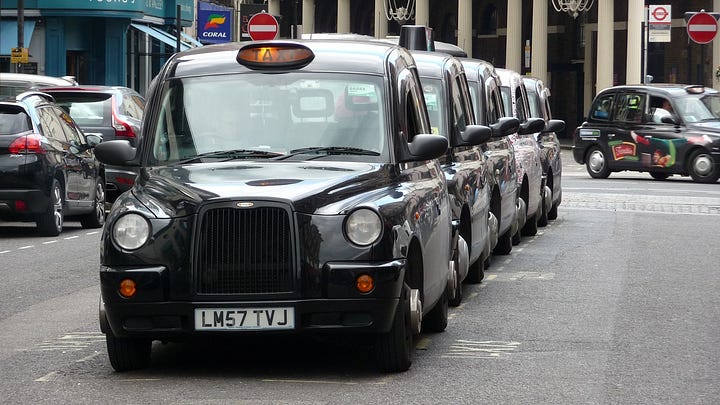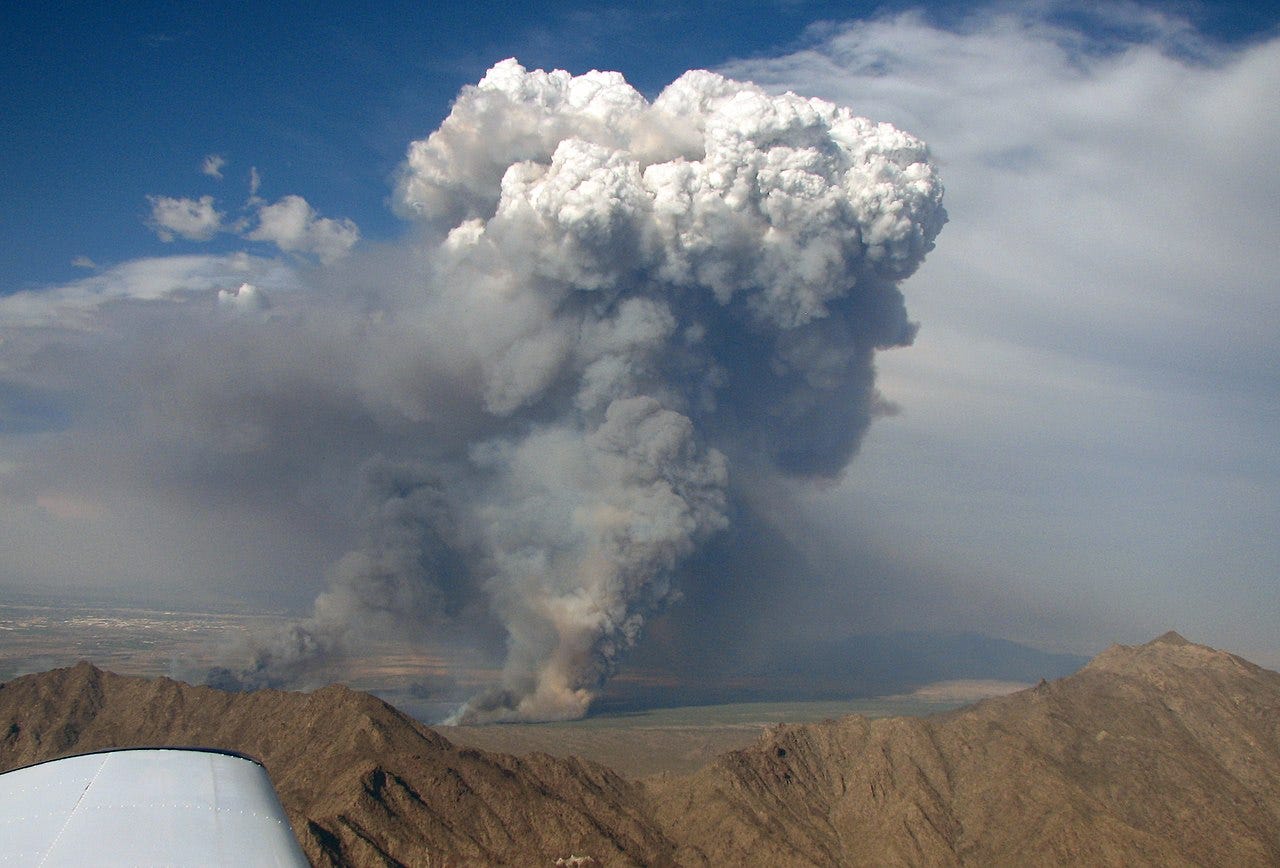As NYC prepares congestion charge, a lesson comes from London
Plus, home insurers are expanding their no-policy lists to more states
In today’s edition:
— New York City’s congestion charges start next month. London just provided a lesson on why they will work.
— More states getting hit by climate-fueled insurance hikes
— High risk flood spots in your town now easier to find
— Which auto brand (other than Tesla) has the highest percentage of EV sales? You might be surprised.
— Are our highways ready for self-driving trucks?


Anyone who’s taken a cab in London is quickly made aware from the taxi drivers of the horrors of the city’s congestion charges, bike lanes and other climate-fighting efforts to their daily journeys. But as New York City prepares to launch a new era of congestion charges next month amid high controversy, last week’s re-election of London Mayor Sadiq Khan provides a lesson.
People in polluted cities will back green policies if they are presented carefully and in ways that show dramatic change. Khan, a Labour Party mayor riding the party’s popularity ahead of a general election later this year, was handily re-elected last week to a third term, with almost half of London’s voters supporting him.
Khan plans to expand the city’s Ultra-Low Exclusion Zone (ULEX) which, importantly, exempts drivers of electric vehicles. He also promised that there would be no mile-by-mile charges for EVs to try to make up funds lost from petrol taxes. New York’s plan, scheduled to launch June 30, does not exempt EVs, a big distinction.
While London can claim its plan a success — harmful emission levels have fallen, according to the government — New York’s experiment will be closely watched in the U.S. and abroad. Cities like Paris and Singapore and New Delhi have all committed to changing the way people live in them to reduce pollution, and reducing the number of cars and trucks coming through each day is a big first step.
Just as in London, the complaints in New York will be loudest from the cabbies and Uber drivers who drive the most and have to navigate new challenges. But if it helps freshen the air on a hot summer day and raise revenue for other climate efforts to prevent things such as flooding, voters will respond.
Don’t forget to contact me directly if you have suggestions or ideas at dcallaway@callawayclimateinsights.com.
Follow us . . . .
Twitter | LinkedIn | Facebook | Instagram
Tuesday’s subscriber-only insights

Insurers expand areas where they’re charging higher rates
Keep reading with a 7-day free trial
Subscribe to Callaway Climate Insights to keep reading this post and get 7 days of free access to the full post archives.

